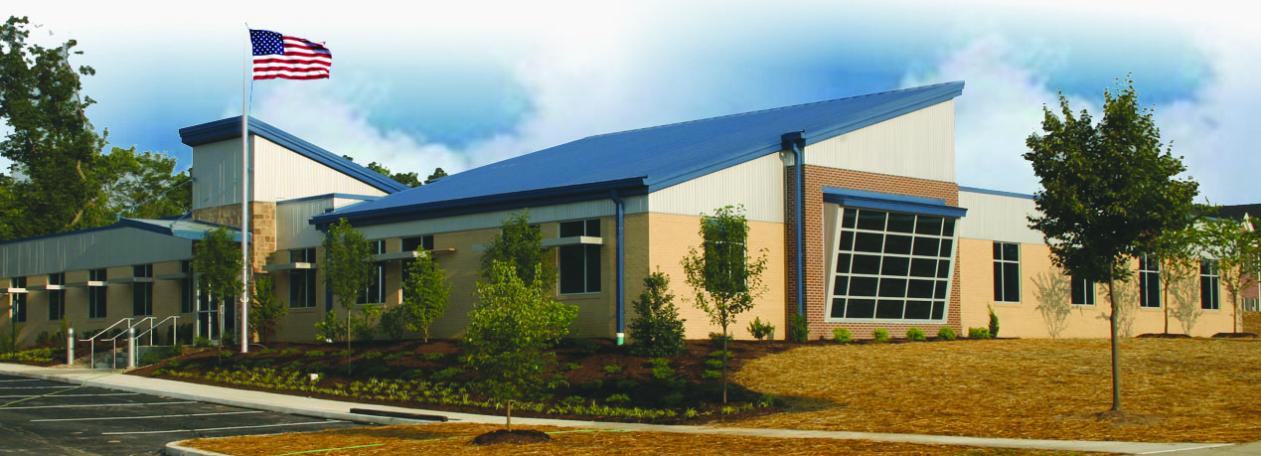Command-Line Mastery for Government Consultants: Unlocking the Potential of macOS
In today's fast-paced and data-driven world, government consultants need to be equipped with the skills and tools to navigate complex systems and extract meaningful insights from vast amounts of information. The command line, a powerful tool often overlooked in favor of graphical user interfaces (GUIs), offers government consultants a direct and efficient way to interact with their computers, automate tasks, and troubleshoot issues.

Essential Command-Line Tools
The command line provides a wide range of tools for file and directory manipulation, text processing, and system administration. Mastering these tools can significantly enhance a government consultant's productivity and efficiency.
Navigating The Command-Line Interface
- Open the Terminal application, the gateway to the command line.
- Learn basic commands for file and directory management, such as ls, cd, mkdir, and rm.
- Utilize tab completion for auto-suggestions, saving time and reducing errors.
File And Directory Manipulation
- Create, move, copy, and delete files and directories with ease.
- Search for files and directories using the find command.
- Change file permissions and ownership to ensure proper access control.
Text Processing And Manipulation
- Redirect input and output to streamline data processing.
- Use pipes and filters to chain commands and perform complex operations.
- Master basic text processing commands like grep, sed, and awk to manipulate text efficiently.
Advanced Command-Line Techniques
Beyond the basics, the command line offers advanced techniques that enable government consultants to automate tasks, work with remote systems, and troubleshoot complex issues.
Automating Tasks With Scripts
- Create and run shell scripts to automate repetitive tasks.
- Schedule scripts to run automatically, saving time and effort.
- Utilize variables and control structures in scripts for greater flexibility and control.
Working With Remote Systems
- Connect to remote servers securely using SSH.
- Transfer files securely between systems using SCP.
- Execute commands on remote systems remotely, enhancing collaboration and efficiency.
Troubleshooting And Debugging
- Identify and resolve common errors encountered in the command line.
- Utilize debugging tools like gdb and lldb to pinpoint and fix issues in scripts and programs.
- Analyze log files for error messages to diagnose problems effectively.
Best Practices And Security Considerations

While the command line offers immense power, it is essential to adhere to best practices and security considerations to ensure a safe and productive working environment.
Maintaining A Clean And Organized Command-Line History
- Keep a clean command-line history by regularly clearing old commands.
- Use aliases and keyboard shortcuts for frequently used commands to streamline your workflow.
Understanding File Permissions And Ownership For Security
- Grasp the concept of file permissions and ownership to control access to sensitive data.
- Avoid common pitfalls and security vulnerabilities by setting appropriate permissions and ownership.
Command-line mastery is a valuable skill for government consultants, enabling them to navigate complex systems, automate tasks, and troubleshoot issues efficiently. By embracing the command line, government consultants can unlock the full potential of their macOS systems and become more effective and productive in their work.

YesNo

Leave a Reply